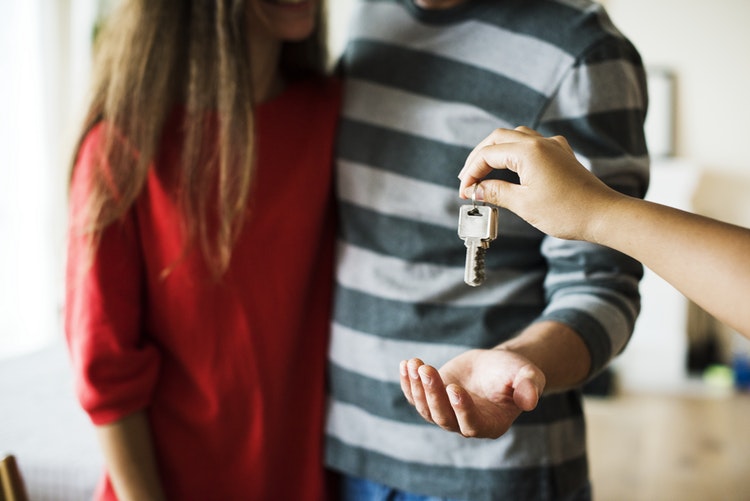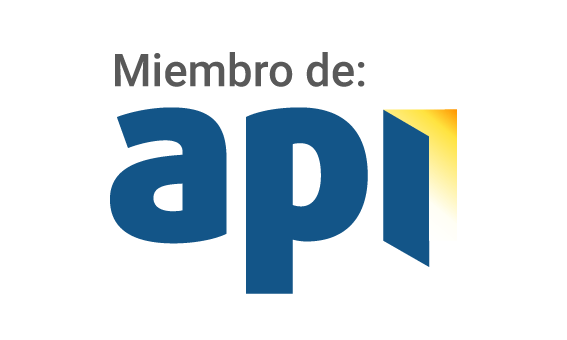In the previous post we talked about the first steps you have to take in order to find the house of your dreams in Spain. Now you believe that you might found the perfect home. How do you continue with the process?
- Verification: before passing an offer, inspect in and out the property. Aspects to consider:
- State of the house or apartment: from your side check the general condition of the home such as: pillar structures, state of the pipes, any reforms to be made?. Ask for the energy certificate.
- Free of debts: make sure that the house is free of any possible unpaid charges because if you do not check it, they could be at your expense when you buy the property. So request a “Nota Simple" in the local Property Registry, for this you need the following information: Registration data of the property: IDUFIR (Unique identifier of the land registry), the owner details and the location of the property. Also request the community payment book and if there are any future payments to be made for any changes in the communal areas. And also the proof of payment of the last IBI (land tax).
- Appraisal: the appraisal of the home is an import aspect to consider, especially if you are a buyer of a luxury home. Is an extent one so if you would like to know how to do it correctly read this other article, where it explains How to assess a property in Spain?
2. Calculate the total. To be able to negotiate it is important to calculate the total cost of the purchase of the house so you can verify you can afford this property and then pass an offer to the owner or real estate agent. What expenses do I have to take into account when buying a home? As you have done the previous step, now you know what the real value and mortgage value of the home is. To this value add the following expenses:
- Conditioning: with the verification of the estate of the property of the dwelling, plus the appraisal of the dwelling. Ask for a budget of supplying the property with household, reforms and expenses that the house needs before is inhabited.
- The Notary: you must go to the notary to certify with his or her signature and presence, the sale between the two parties. Cost of the notary between 600 and 800 euros, depending on the price of the property.
- Enroll the deeds: publicly notarize the sale. The notary has signed. The cost varies according to the Council regulations (Comunidad Autónoma") and directly depend on the price of the property, although they are usually between 400 and 800 euros.
- Taxes: vary according to the price of the house and change if it is new or second hand.
- New homes:
- Pay VAT is 10%. Thus, it would be 10,000 euros in the case of a house of 100,000 euros.
- Documented Legal Acts (IAJD). It is paid by the buyer only. The applicable tax rate varies according to each Autonomous Community, in general terms it would be between 0.5% and 1.5% of the amount of the sale. Payment that is made in a self-signed form on an official form and entered into a Tax Administration account through a bank.
- Second hand housing:
- ITP (Capital Transfer Tax) that is used to tax all transfers of goods or rights from one owner to another in exchange for a specific price. And currently each community has different values of percentages from 6 to 10% of the total value of the sale price.
- New homes:
3. Negotiation. There are sellers who are not willing to negotiate but most of them accept offers. Spend an offer taking into account your capital and purchase and sale expenses. If you have an agreement. It is time to make sure you confirm the mortgage loan you have requested and take the next step to formalize the agreement.
4. Contract Arras: Where in summary it specifies that the two parties (buyer and seller) have interest to make a sale of property a property with an agreed price of 250.000€ for example and the payment of a deposit, for example 3,000 € Take into account that if the owner decides not to sell, you will receive back double, in this case € 6,000 for the owner not proceeding with the sale. And likewise, if you decided not to continue once you signed the deposit agreement “Contrato de Arras", you would lose the money deposited as a signal.
5. Sign the deed In this process, the seller and buyer declare before their notary their willingness to buy and sell, as well as the essential conditions of the sale. The buyer, in general, has the right to choose the notary. In addition, at the signing ceremony, the notary verifies the capacity and legitimacy of both parties. The deed contains the personal data of the parties, such as the description of the home, its state of charges, the agreed price, the form of payment, the applicable tax, and the distribution of expenses.
6. Pay: now, it is necessary to pay the aforementioned taxes, as well as the notary fees and the registration fees of the deeds in the Land Registry.
7. You already have the keys to your home. Congratulations on the investment, you already own a property. The house is yours.






 API: 764
API: 764
